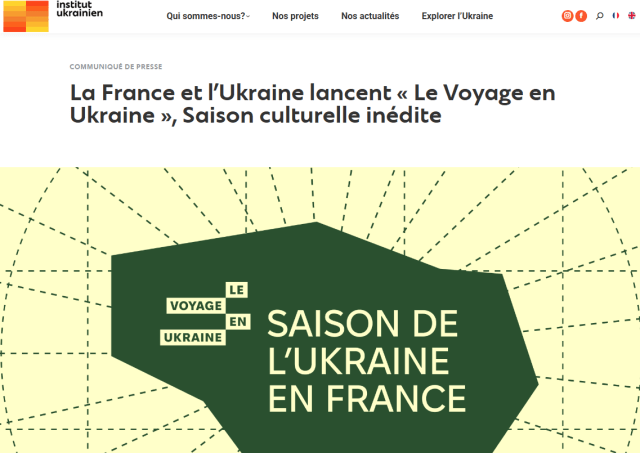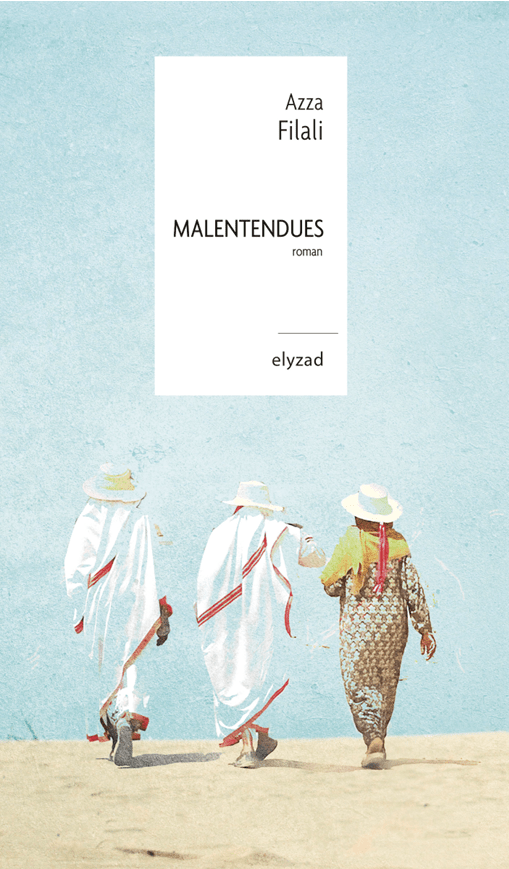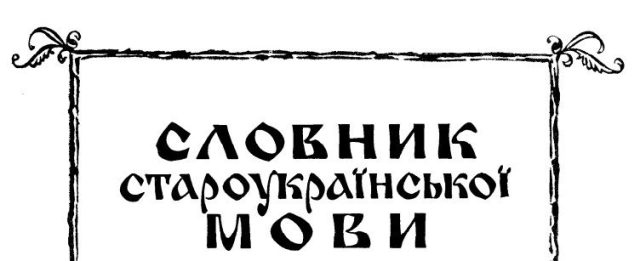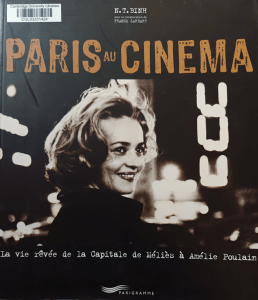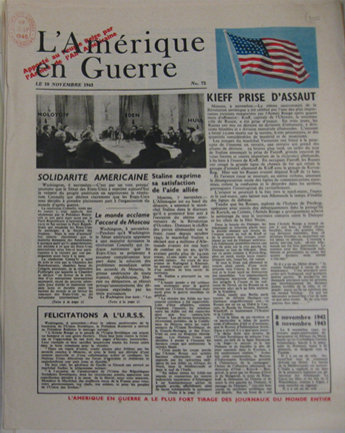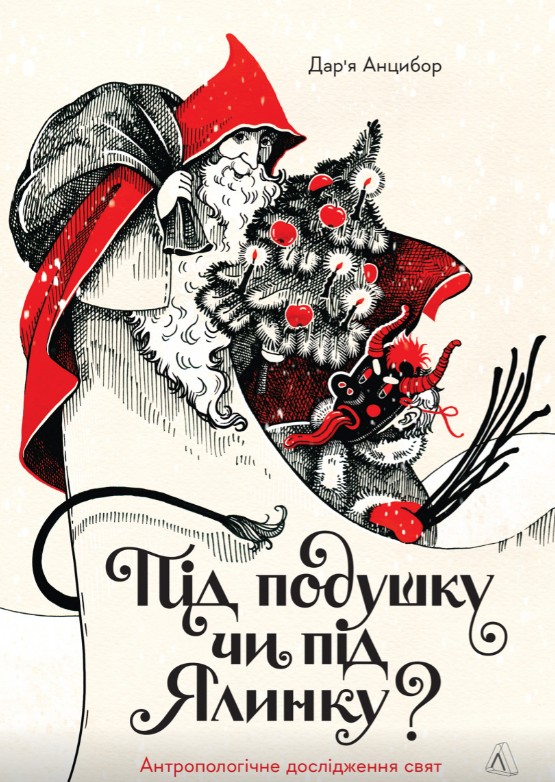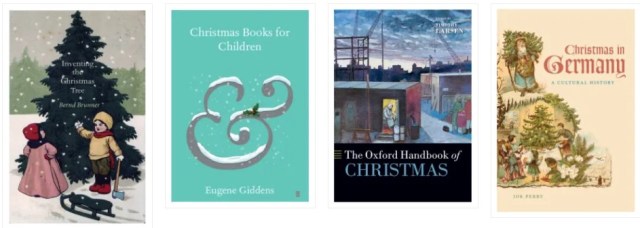Today, on the 4th anniversary of the launch of Russia’s full-scale invasion of Ukraine (24 February 2022), we would like to highlight French-language publications on the topic as well as a series of cultural events organised in France by the Institut français and the Institut Ukrainien. The programme Le Voyage en Ukraine – la culture contre-attaque will take place From December 1, 2025 to March 31, 2026, with the support of the French and Ukrainian Ministries of Foreign Affairs and Culture. This includes film, with a retrospective of Oleksandr Dovjenko / Dovz︠h︡enko (see the critical works by Barthélemy Dovjenko (1970) and Marcel Oms (1968) at the UL and earlier blog posts about him), music, theatre, dance, literature, exhibitions, and conferences.
Ukrainian writers involved include:
- Serhiy Jadan / Serhiĭ Z︠H︡adan (1974-), whose works are available in both Ukrainian and English
- Sofia / Sofii︠a︡ Andrukhovych (1982-), author of Amadoca (Lʹviv: Vydavnyt︠s︡tvo Staroho Leva, 2020) and Tout ce qui est humain (Montrouge: Bayard, 2023) among others
- Maryna Kumeda (1985-), author of L’amour en temps de guerre. Récits d’Ukraine (Éditions de l’Aube, 2025, on order)
- Luba Yakymtchouk / Li︠u︡bov I︠A︡kymchuk (1985-), author of Apricots of Donbas (Sandpoint, Idaho: Lost Horse Press, 2021) and contributor to
Oda do Ukraïny (2022) - Yuliia/Iuliia Iliukha (1982-), author of My Women (128 LIT, Brooklyn, New York, 2024) which was BBC News Ukraine Book of the Year.


